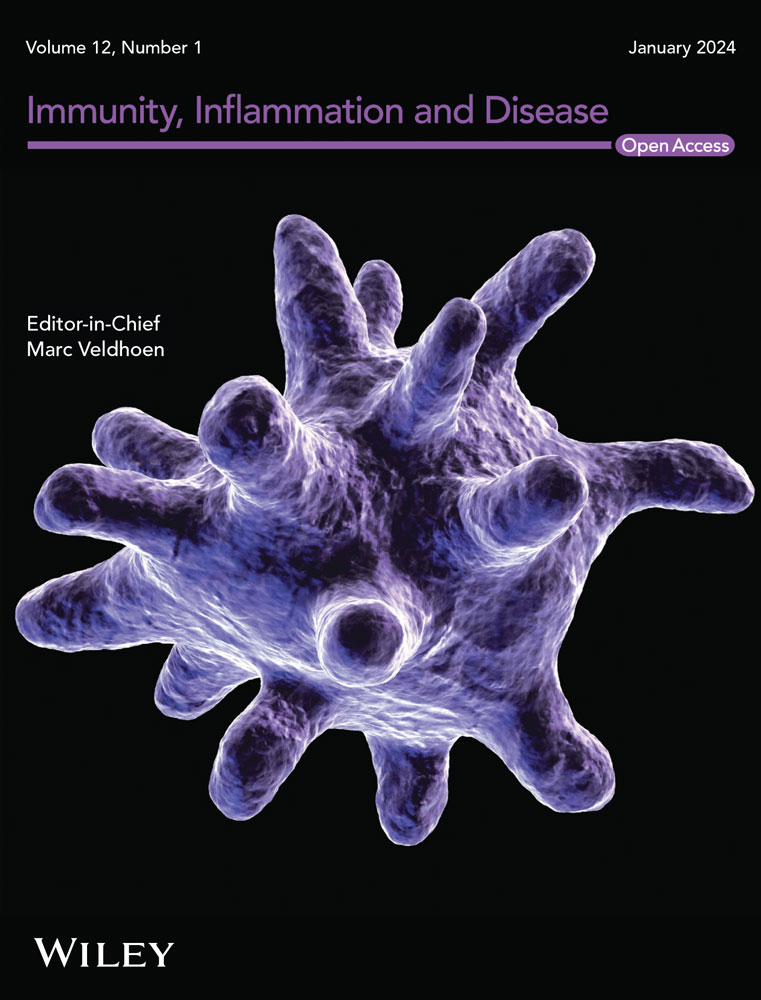Alleviative Effects of Ciprofol on Hepatic Ischemia/Reperfusion Injury Through Inhibiting Macrophage Polarization
Abstract
Background
Previous studies have demonstrated the protective role of ciprofol against ischemia/reperfusion (I/R) injury, with the present investigation focusing on elucidating its effects on hepatic I/R injury.
Methods
A hepatic I/R injury animal model was established, and macrophages were polarized using lipopolysaccharide (LPS) induction. Hepatic tissue damage and apoptosis were assessed through hematoxylin-eosin and TUNEL staining. Liver function parameters, including aspartate aminotransferase (AST) and alanine aminotransferase (ALT), as well as pro-inflammatory cytokine levels, were quantified using commercial assay kits. Macrophage polarization was evaluated via quantitative real-time PCR, immunofluorescence, and immunoblotting, with flow cytometry additionally employed to assess cellular polarization. Pro-inflammatory cytokine concentrations were also measured.
Results
In the I/R model mice, ciprofol, comparable to the positive control propofol, and the macrophage eliminator gadolinium chloride (GdCl3) effectively attenuated inflammation and apoptosis, restored hepatic function, and inhibited macrophage polarization, as evidenced by reduced pro-inflammatory cytokine levels. In LPS-induced macrophages, ciprofol treatment decreased the proportion of CD86-positive cells and the expression of macrophage polarization markers, alongside a reduction in pro-inflammatory cytokine levels, mirroring the effects observed with propofol.
Conclusion
These findings suggest that ciprofol exerts hepatoprotective effects against I/R injury by modulating macrophage polarization.


 求助内容:
求助内容: 应助结果提醒方式:
应助结果提醒方式:


